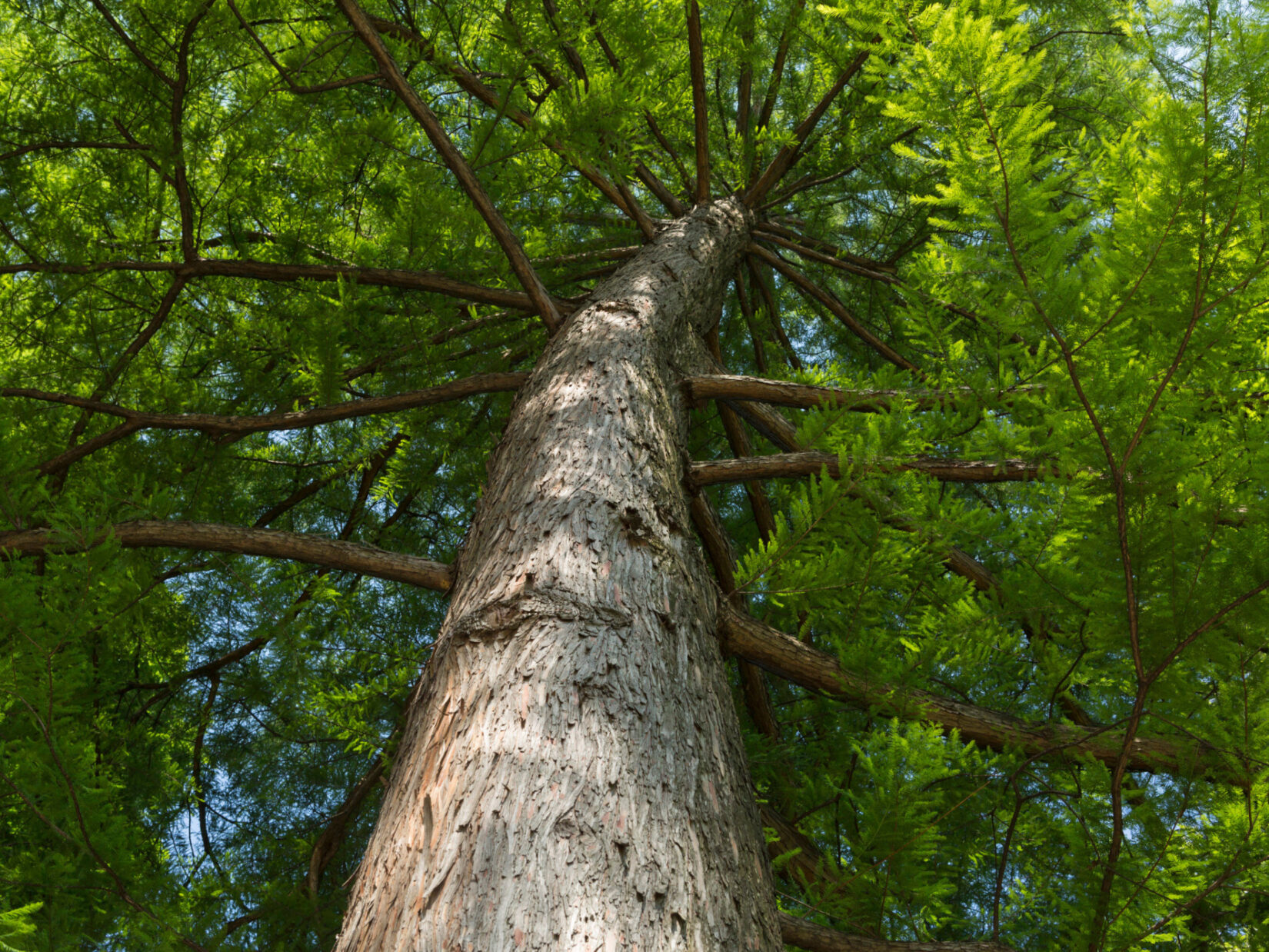Reservoir

The Reservoir is the largest water body in Central Park and one of its most popular destinations for running.
A 1.58-mile track surrounds the Reservoir, often filled with runners and walkers enjoying the scenery of the water with skyline views in all directions. In addition to running, many also visit to birdwatch, as the Reservoir attracts many types of aquatic birds. The landscapes surrounding the Reservoir are popular in the spring for their many blooming Yoshino and Kanzan cherry trees and rhododendrons. The section of the drive along the east side of the Reservoir is known as Rhododendron Mile.
The Reservoir was built between 1858 and 1862 to provide additional capacity for the City’s first receiving reservoir, which pre-dated the Park and was located just to the south. While the original reservoir had a rectangular shape, the current Reservoir was designed with an irregular, curvilinear footprint to better harmonize with the Park. Spanning 106 acres and at 40 feet deep, the Reservoir holds more than one billion gallons of water. At the time of its construction, it was the world’s largest man-made water body. Along the shores of the Reservoir are three gatehouses, which house pipes and other infrastructure.
As the City’s population grew, its water supply system expanded, resulting in changes to both reservoirs. In 1917, the City finished construction on the first water tunnel from reservoirs upstate, which greatly expanded capacity and made the Park’s first reservoir obsolete; by 1937 it had been filled and redesigned as the Great Lawn. In 1993, the remaining Reservoir was decommissioned, in part because of concerns about contamination from algae, and because of the ongoing expansion of the system, including the construction of the third water tunnel.
Cleaning the Reservoir
Central Park Conservancy staff care for the Reservoir by removing invasive plants, clearing trash and other debris, fixing eroded areas, and more.
In 1994, the Reservoir was named for Jacqueline Kennedy Onassis—who used to jog here—in honor of her contributions to the City. In 2009, the Central Park Conservancy restored a historic fountain that was originally installed in 1917 in celebration of the completion of the Ashokan Reservoir upstate and the dedication of the City’s first water tunnel. Originally rarely activated, and only for special occasions, this floating fountain now provides another scenic element to this popular destination. Today, the Reservoir is managed by the Department of Environmental Protection.
Then & Now: Jacqueline Kennedy Onassis Reservoir in Central Park
One of Central Park's most picturesque landscapes, the Reservoir was constructed between 1858 and 1862.

Support the Park
Help us care for the Park’s water bodies. The Conservancy’s work keeps them healthy and benefits the wildlife that depend on them.
















